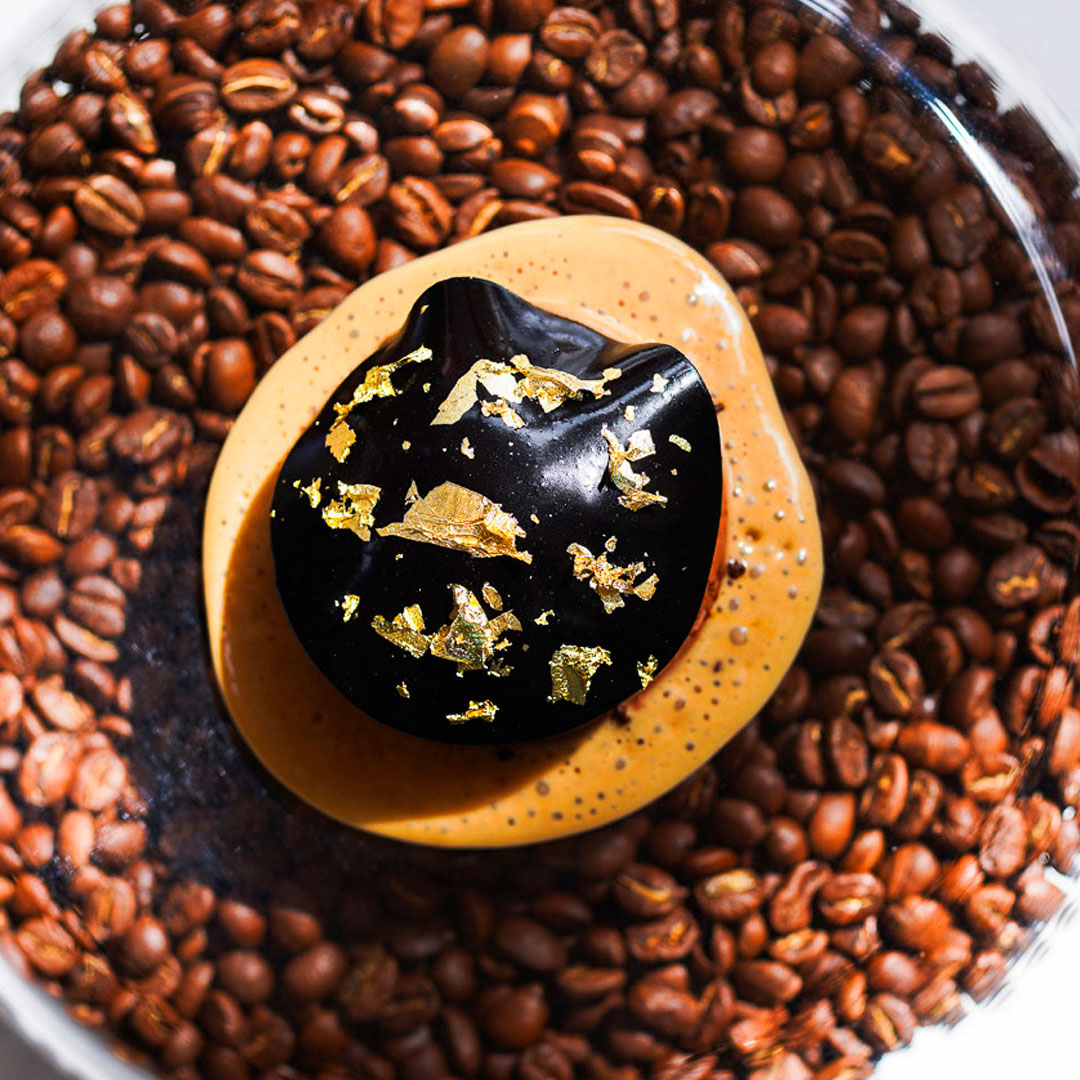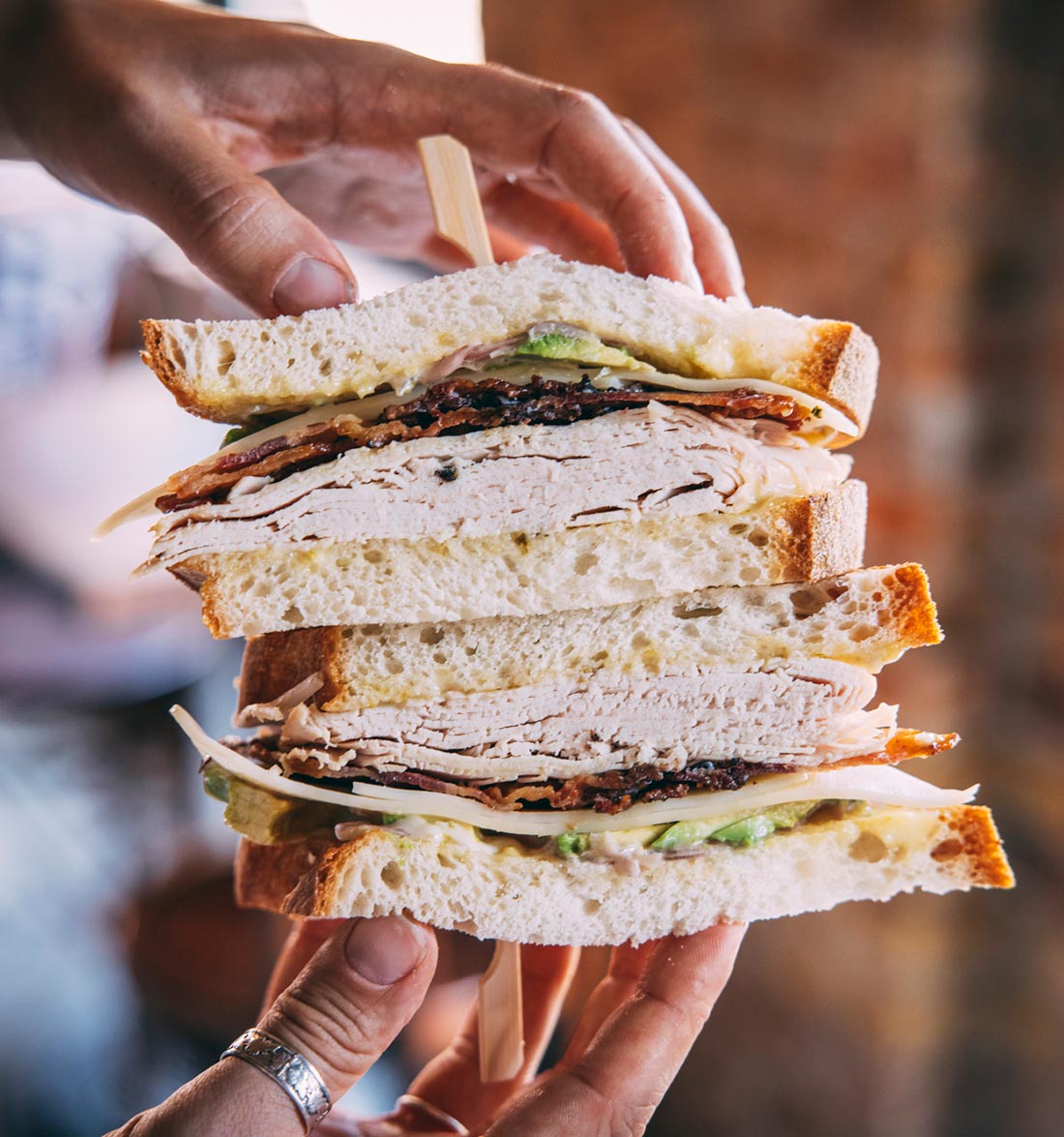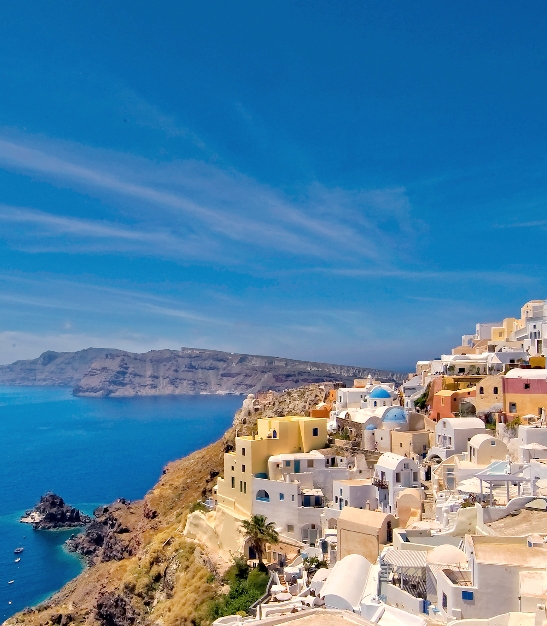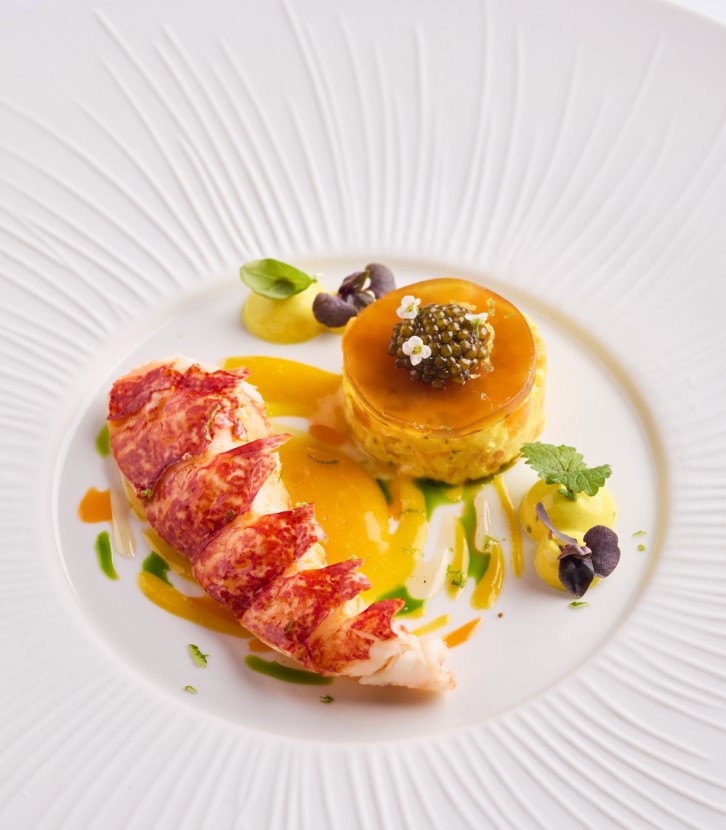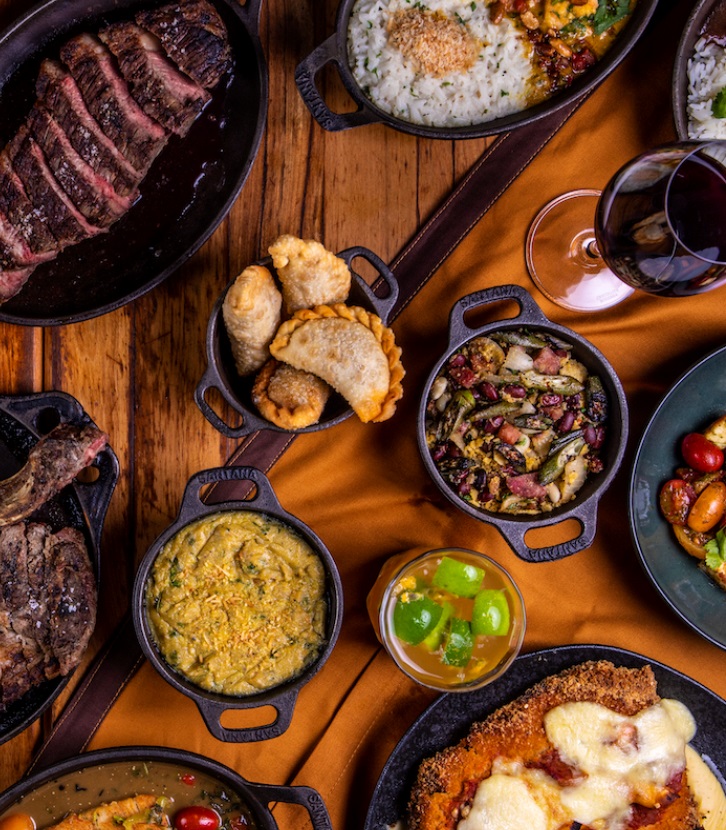Known globally for his passion for seasonal, organic produce, Raymond Blanc was born in a tiny rural village near Besançon in eastern France. With the terroir of the Franche-Comté region and his mother as his two greatest inspirations, Blanc progressed up the ranks from a restaurant waiter to opening his first restaurant, Les Quat’Saisons, in Oxford in the United Kingdom in 1977. Michelin stars followed in swift succession, and in 1984, Blanc shifted his operations to a luxury hotel cum two-Michelin-starred restaurant, Belmond Le Manoir Aux Quat’Saisons in the village of Great Milton in Oxfordshire, where he cultivates over 70 varieties of herbs and 90 types of vegetables in a two-acre vegetable garden today.
Besides grooming some of the greatest names in the culinary world today such as Marco Pierre White, Heston Blumenthal and Michael Caines, Blanc also runs the Brasserie Blanc restaurant chain and the Raymond Blanc Cookery School. The 67 year old is additionally the president of the UK’s Sustainable Restaurant Association, which sees him championing ethical approaches to cooking and working energy efficiency and recycling into restaurant design.
For his efforts, he received an honorary OBE (Officer of the British Empire) in 2008 in recognition of his services to the British food industry, and he was presented with the insignia of Chevalier in the Ordre National de Légion d’Honneur, the highest French decoration in 2013.
We chat with Raymond Blanc in an exclusive interview while he was in town in November for Kenwood's 'Garden to Plate' dinner, where he cooked a surprise dinner for 30 staff members of the UNESCO World Heritage-listed Singapore Botanic Gardens.

I remember the day I got my first Michelin star like it was yesterday. It was in the year 1979, one and a half years after we opened in late 1977. I was in full service and a friend of mine, Albert Roux, phoned me in the middle of service. Nobody phones me in the middle of service. And so I picked up the phone and hung up immediately. Then the phone rang again, and we were running a full service. I was so annoyed, so I picked it up and Albert said, “Raymond, Raymond, I’m your friend, give just 10 seconds, I’ve got good tidings for you.”
I said: “What is it? Quick.”
“You have your first Michelin star,” he said.
The first time I heard about the Michelin Guide, I was about 17 or 18 years old. I come from a village, we ate food grown within our village; my parents never brought me to eat in any Michelin star restaurants, we didn’t have any money. Once a year, we would go to a good little bistro. I only heard about the Michelin Guide quite late, about what it means, about its values, the pride of young chefs.
I was a very young chef, totally self-taught, I started cooking at a very late age, I was 28. England was on strike, they hated food. It was the time of intensive farming, heavy processing, marketing and branding - food was reduced to a mere commodity. Food was class-led as well, but I came from a background where food was classless. We ate like kings, even though my parents were very poor. We ate from the garden or from the forest, so that was my education: good food has to be connected with your history, your heritage, your earth and your soul.

When I opened my first restaurant, I didn’t have a mentor. I longed for a mentor who could help me but I never had one, so I had to teach myself. I read books about food science and nutrition, history. And then I opened my tiny little place, between a ladies underwear store and an Oxfam shop. It was in the corridor, there was absolutely no luxury. We had 10 tables for about 25 to 30. My kitchen was 2m by 4m and that was it. I had a 1956 oven with no bottom, and a Kenwood 1962 appliance, which you had to stop each time you wanted to increase the gas. I remember at that time, I had no money. I slept overnight in the kitchen, because I worked 18 to 20 hours a day, because that’s just what you did as a young chef.
I called it Les Quat'Saisons in honour of the seasons, which my mum had taught me. And that’s where, in that tiny little place, people came.
When I won my first star, I couldn’t believe it at first. Ours was a bistro, with cheap red and white tablecloths and a plastic card, which I painted blue, red and white so people knew we were French. But it was there where we got our first star and our second in 1981. We were a humble little restaurant, but the food was good, and there were always queues, the Queen Mum came, Prince Charles, Robert Deniro, it was such a success, that tiny little place.
After that, I started to dream about owning a small house, but I fell in love with a 27-acre manor house with two farms and three cottages. It was called the Great Milton Manor House back then, and we had to change the foundation, the roofs, all the electricity, to transform it into what is today Belmond Le Manoir aux Quat'Saisons.
That’s what life is all about, full of surprises. Everyone told me it was crazy to do it, but when you fall in love, you fall in love, you just have to do it.

I never worked for a Michelin star. I am not a mercenary, I work for total excellence with my team. And Michelin stars are just a byproduct of this excellence. And it’s not just about my food but about the service, the welcome, the beam of light on the painting, the lovely ambience, the generosity we have created. Because today, nobody wants to go into soulless luxurious spaces full of gold and ancestors looking down on you in a disapproving manner.
I wanted to create a very Republican environment that is welcoming and happy, where you can take your lover’s hand or bring your friends and family, and children as well - we always actively welcomed them, which was not common in England then.
My advice for young chefs aiming for a Michelin star is to work for excellence. I don’t want my young chefs to work for Michelin stars. I work because I love what I am doing, because I love working with the farmer who is going to grow that food for me, I know him, I know his name, what he’s growing, how he grows it. I know my farmer, my fishmonger.
Eat pure, be real, work with your local farmers, work with seasonality, work with the best noble ingredients and then give them with love to your guests. And if you happen to be consecrated with a Michelin star, take it gratefully and celebrate it with your guests and chefs.
Too many young chefs lose their families, their loves, get completely disillusioned because they don’t get the stars. I’ve seen too many young chefs go down that route. It’s a very stressful work we do, it’s very demanding.







